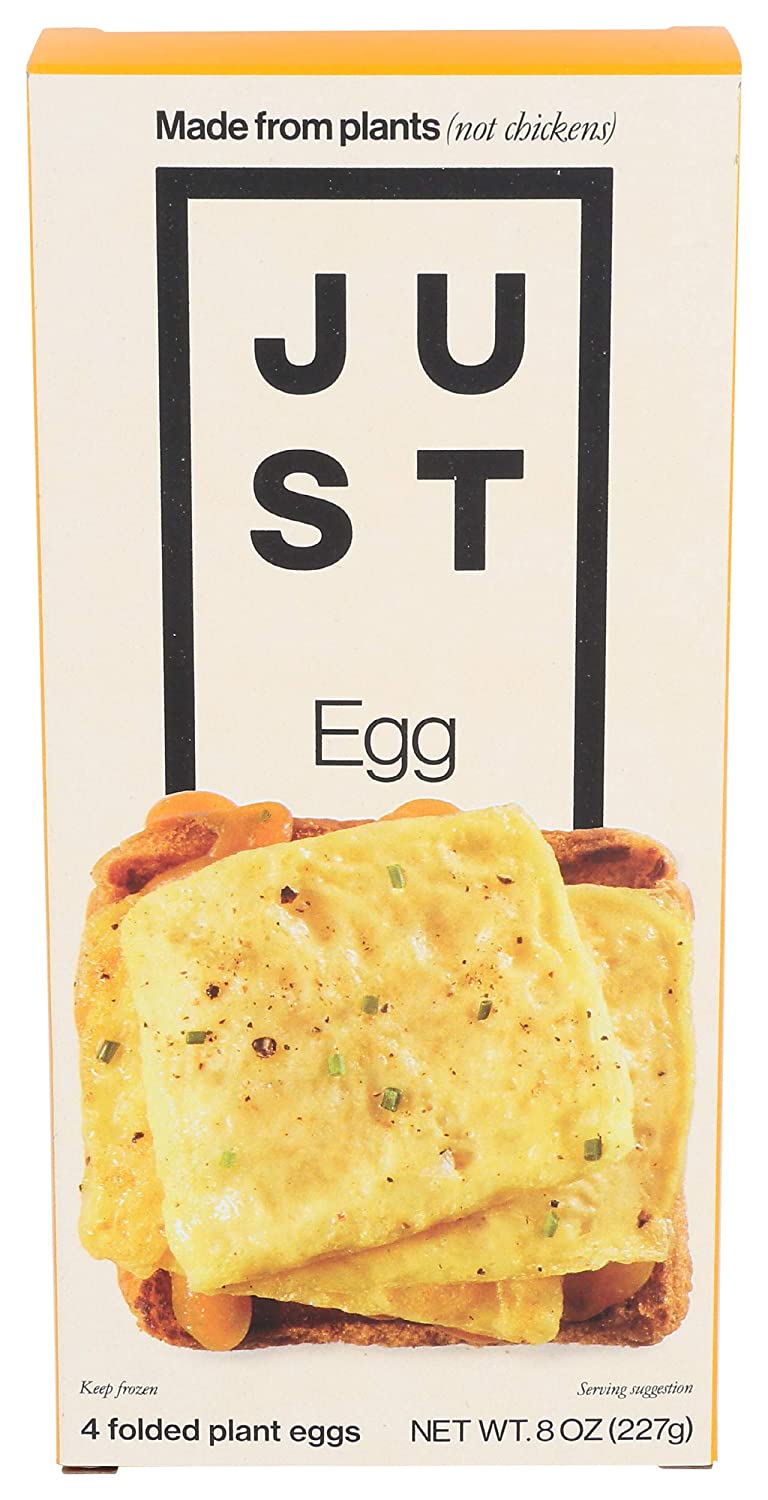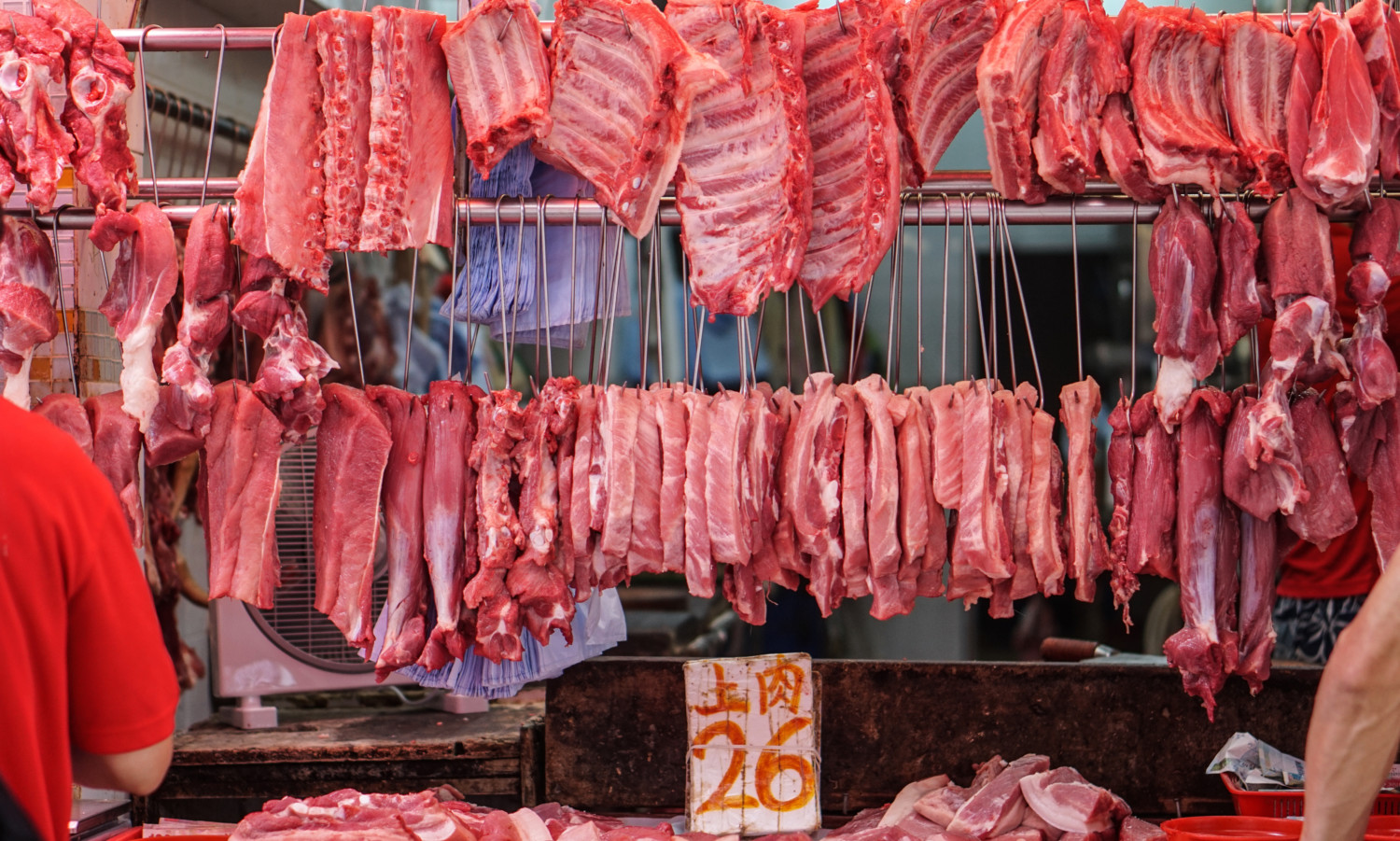Cultured meat, commonly known as “no-kill meat,” has made headlines again, after lab-grown chicken from a U.S. company was approved for sale by the Singapore Food Agency. It’s a world-first for cultured meat and a significant development in the food industry.
No animals are fed, bred or slaughtered to make Eat Just’s “chicken bites” — they’re produced directly from animal cells grown in a 1,200-liter bioreactor, which are then combined with plant-based ingredients. No chickens had to be slaughtered to retrieve the cells; they came from biopsies of live animals. The products are not genetically modified, either.
Eat Just, based in California, said that initial availability of the chicken bites would be limited and they would be sold in a restaurant in Singapore, reported The Guardian. While the product will be significantly more expensive than conventional chicken to start with, the company said it would be cheaper when production is scaled up.
The company already has a solid reputation for selling non-animal products, such as plant-based egg (to date, the company has sold the vegan equivalent of more than 50 million chicken eggs worldwide).

Other companies are in the process of manufacturing cultured chicken, beef and pork to try to meet the growing demand for cruelty-free meat and lessen the impact of animal farming on the environment. These include Artemys Foods, Memphis Meats, Aleph Farms and Mosa Meat, which created the first cell-based burger and said in 2018 that it is planning to put cultured meat on sale by 2021. In fact, a Forbes article said analysts expect the cultured meat market to be worth $20 million by 2027 and that 35% of all meat will be cultured by 2040.
According to Impossible Foods and Beyond Meat, animal agriculture is responsible for more greenhouse gas emissions than all of the trains, cars and airplanes in the world combined. A 2011 study out of Oxford estimated that lab-grown meat could involve up to 96% fewer emissions, use 98% less land and up to 96% less water, and use half as much energy than producing regular meat.
“I think the approval is one of the most significant milestones in the food industry in the last handful of decades,” Josh Tetrick of Eat Just told The Guardian. “It’s an open door and it’s up to us and other companies to take that opportunity. My hope is this leads to a world in the next handful of years where the majority of meat doesn’t require killing a single animal or tearing down a single tree.”

However, Tetrick acknowledged that big challenges are ahead, such as the public response to cultured meat.
“Is it different? For sure,” he said. “Our hope is through transparent communication with consumers, what this is and how it compares to conventional meat, we’re able to win. But it’s not a guarantee.”
There’s also the fact that because the cultured meat is still real meat (albeit made from cells instead of animals that are raised and slaughtered), it’s not suitable for a vegan or vegetarian diet, as an Eat Just spokesperson confirmed to HuffPost UK. Still, it may appeal to those who want to eat meat but simply can’t get on board with animal suffering.
Other issues remain with the creation of cultured meat. For example, there is currently a lack of diversity in types of meat and some dysregulation may occur in the cuts as a result of rapid cell duplication. Also, there’s a question as to whether or not meat produced in this fashion can be Kosher or Halal, and thus compliant with Jewish or Islamic dietary requirements.
This story originally appeared on Simplemost. Checkout Simplemost for additional stories.


